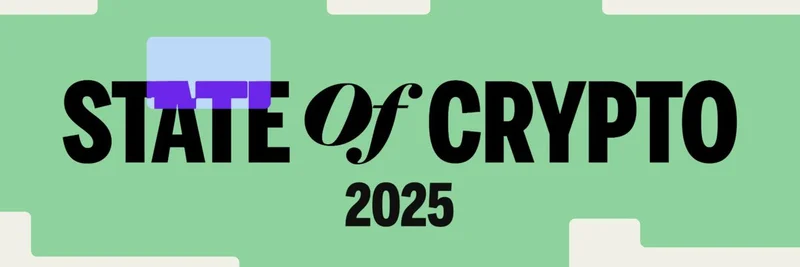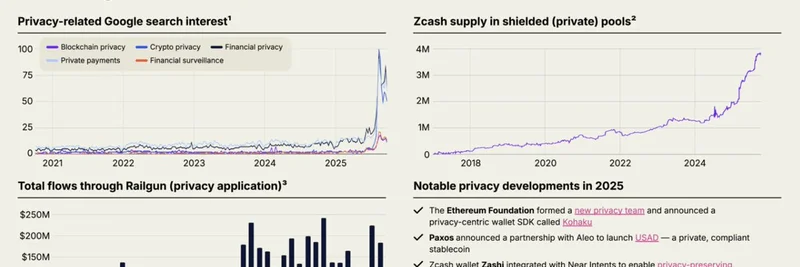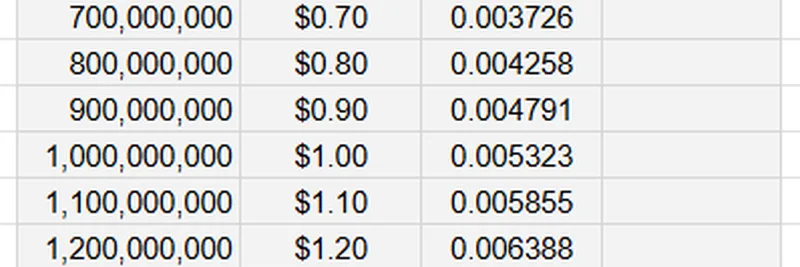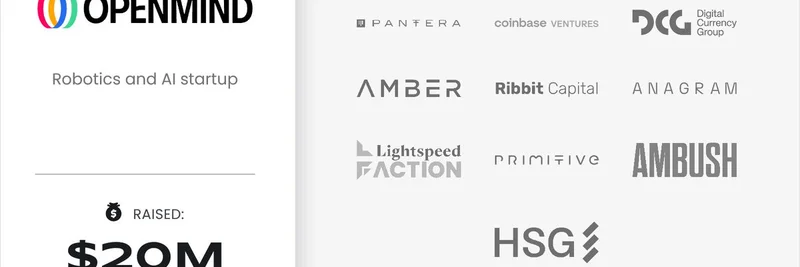Hey there, crypto enthusiasts! If you're scrolling through X (formerly Twitter) and spot a post from BSC News asking, "WHAT MAKES SIDRA CHAIN SPECIAL? Is @sidrachain a truly unique new crypto project...? Or just another fledgling ecosystem..." – you're not alone in your curiosity. As someone who's been deep in the crypto world, from editing at CoinDesk to now curating meme token insights here at Meme Insider, I couldn't resist diving into this. While Sidra Chain isn't your typical meme token fueled by viral hype and community memes, it brings something fresh to the blockchain table with its focus on ethical, Shariah-compliant finance. Let's break it down based on BSC News' in-depth analysis.
First off, what exactly is Sidra Chain? It's a Proof-of-Work (PoW) blockchain that forked from Ethereum back in 2022, with its mainnet going live in October 2023. PoW, for those new to the term, is the consensus mechanism used by networks like Bitcoin, where miners solve complex puzzles to validate transactions and secure the chain. But Sidra stands out by embedding principles from Islamic finance, making it Shariah-compliant. This means no interest (known as riba), no excessive uncertainty (gharar), and steering clear of forbidden sectors like gambling or alcohol (haram). In a world where crypto often feels like the Wild West, this ethical angle could appeal to a massive underserved market.
One of the coolest features is how Sidra makes mining accessible to everyone. Forget bulky rigs – they've got a mobile app launched in July 2024 on Google Play that lets you mine Sidra Coins (SDA) right from your phone after a quick KYC (Know Your Customer) verification. KYC is basically identity checks to comply with regulations. By March 2025, the app had racked up over a million downloads, which hints at some viral potential, even if it's not meme-driven. Imagine mining crypto while commuting – that's democratizing blockchain in a big way.
Diving deeper into the tech, Sidra supports smart contracts (self-executing code on the blockchain) and integrates KYC via something called KYCPORT for global compliance. Their ecosystem includes the Sidra Chain Network for transactions, Sidra Coin as the native token for fees and rewards, and even Sidra Bank for digital banking services like low-fee transfers, all while keeping things Shariah-approved. They offer tools like Sukuk – think Islamic bonds backed by real assets – and Murabaha, a transparent cost-plus-profit financing model.
On the community and expansion front, SidraClubs are popping up globally to partner with local entities for licensing, payment gateways, and Shariah certification. Initiatives like SidraStart for ethical startup crowdfunding and inheritance management add real-world utility. Tokenomics-wise, SDA has over 780 million in circulation, with a zakat mechanism (Islamic charity) that burned 19.5 million tokens for good causes. Zakat is a form of almsgiving, integrating philanthropy right into the protocol.
But is it all smooth sailing? The app has faced some hiccups, like login issues and KYC delays, which are common in early-stage projects. Still, with its niche focus on halal supply chains, cross-border payments, and profit-sharing fundraising, Sidra positions itself as more than just another chain – it's a bridge between traditional Islamic finance and modern blockchain.
From a meme token perspective here at Meme Insider, Sidra Chain might not have the doge-level memes or pump-and-dump vibes, but its community growth and accessible mining could spark some organic hype. If you're into projects with real utility beyond the laughs, keep an eye on Sidra Chain. For the full scoop, check out BSC News' original analysis. What do you think – unique gem or overhyped? Drop your thoughts in the comments!




